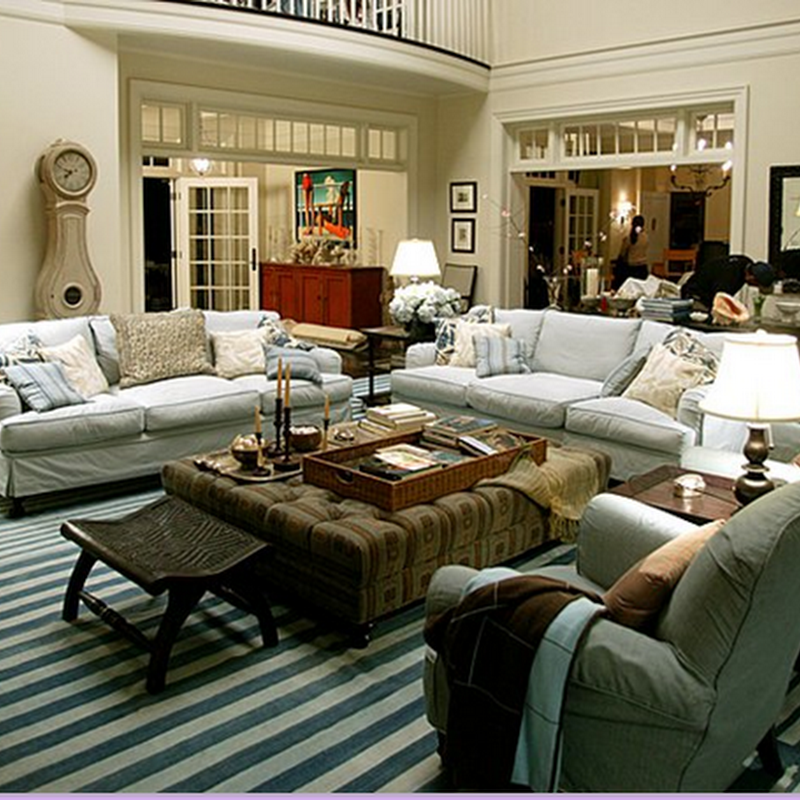
Change will not come if we wait for some other person or some other time. We are the ones we've been waiting for. We are the change that we seek. - President Elect Barack Obama
We can't drive our SUVs and eat as much as we want and keep our homes on 72 degrees at all times... and then just expect that other countries are going to say OK. That's not leadership. That's not going to happen.- President Elect Barack Obama
Ever since Barack Obama became President Elect, I have toyed with the idea of sharing my small story about his campaign and the Jewel Box™ Home connection. Today I have decided to throw caution to the winds and for the first - and likely last time - allow politics to make an appearance on the Jewel Box™ site. First, a little background. All my life I have voted a straight Republican ticket. In fact, when I turned 18, I proudly cast my first ballot for Reagan. As a young single woman in Chicago, I volunteered downtown as a Republican Precinct captain. Since Chicago is fiercely Democratic, this was a lot like being a goldfish in a pool of sharks. Regardless, I persevered in my dedication to the Republican party. This was in large part due to my upbringing in a diehard Republican family.
Obama first made an impression on me when he ran for the U.S. Senate and won. After he declared for President, I immediately volunteered to help with the campaign. My father and husband - both hard core Republicans - could not resist teasing me as a traitor to the family's political heritage. So where does the Jewel Box™ Home come into this story? I volunteered to host a get-together at our home in the first round of house parties for Obama. My husband found this especially humorous since Senator Obama would not be coming to our house, but 'speaking' from a town hall meeting in Iowa via the internet. No matter, I was throwing this party and to his credit, my husband helped set up the computer screen hook-ups. True to the Jewel Box™ party staging rules, I served buffet style - sandwiches, sides, wine, beer and soda - in the dining room, while people talked and listened to Obama in the the living room. Because my son was 18 at the time and voting the following year in his first election, several of his friends came over along with life long Democrats and fellow Republicans. It went beautifully and the comfortable, smaller scaled proportions of our home made it easy for people from every political background to mingle. And we were all surprised when several TV stations showed up later to interview us as 'Republicans for Obama'. I made my first - and so far only - TV appearance that night on ABC and WGN in Chicago.
Aside from the house party connection, what does President Elect Obama have to do with the Jewel Box™ Home? The hallmarks of a Jewel Box™ home in a much smaller way parallel the Obama political philosophy. Obama by recognizing the needs of Americans from all walks of life, has brought together liberals and conservatives; black, white, latino and asian Americans into one community with a desire to create a better nation and world, through the collective actions of a united people. I have not met President Elect Obama, nor do I ever expect to have that privilege, but on a much smaller scale, Jewel Box™ follows Obama's unifying vision. The best traits of both large and small houses are embodied in the Jewel Box™ Home satisfying the needs of all households and lifestyles - singles, downsizing Baby Boomers, young couples, families, and single parents. The focus is on livability not size and human needs take priority. The Jewel Box™ lifestyle also teaches us the skills of functioning in a multi-dimensional society. Spaces have to be shared and the ability to respect the needs and desires of others is learned. As I mentioned earlier, most of my family, including my husband, are lifelong Republicans. Still, aside from some good natured teasing, my decision to support Obama was not only tolerated, but respected. This is the direct result of the spirit and atmosphere of a Jewel Box™ home, whose primary purpose is to enrich the lives of its people.
May your home and your life bring light and love to the world.
Until next time,
Genevieve





















